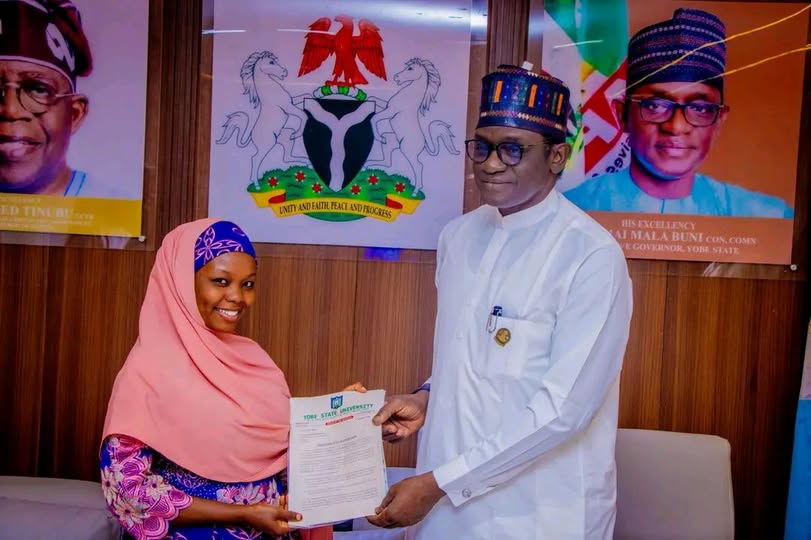The federal Government has unveiled an ambitious plan to achieve a $1 trillion economy by 2030, with a renewed focus on domestic investment and local production under President Bola Tinubu’s “Nigeria First” policy.
Speaking at the inaugural Domestic Investors Summit in Abuja yesterday, the Minister of Industry, Trade and Investment, Dr Jumoke Oduwole, said the government was prioritising Nigerian capital, enterprise and talent to drive economic transformation.
The minister outlined targets for 2025, including $6 billion in foreign direct and portfolio investment, $6.5 billion in non-oil exports, a 20 per cent increase in trade value, and the creation of 200,000 export-led jobs.
Oduwole acknowledged significant challenges facing the Nigerian economy, identifying five interconnected deficits such as food, energy, manufacturing, infrastructure and housing.
According to her, agriculture employs over 35 per cent of the workforce, but contributes less than 25 per cent to GDP, while only 45 per cent of Nigerians are connected to the national grid with an average daily electricity supply of just four hours.
“Manufacturing currently accounts for only 12.7 per cent of the country’s GDP, well below regional peers, while the housing deficit exceeds 20 million units. These are not abstract statistics. They are real barriers,” she said, adding that countries, like Malaysia, Indonesia, and South Korea, have achieved structural transformation through bold policy and coordination.
Despite these challenges, she noted some positive developments, such as non-oil exports, which rose by 24.75 per cent in Q1 of 2025, reaching $1.79 billion. She also highlighted progress in Special Economic Zones (SEZs), where new textile parks, automotive plants and food hubs were being established to serve the domestic market and position Nigeria as a manufacturing hub for West Africa.
She specifically praised companies, like SAGLEV, which operates sub-Saharan Africa’s first fully electric vehicle assembly plant in Lagos, and Innoson Motors for leading Nigeria’s industrial development.
The minister further outlined the government’s three-pillar economic transformation strategy, such as fiscal policy to restore trust and attract capital, monetary policy to stabilise the naira and control inflation, and trade policy to unlock global opportunities, also announcing government plans to restructure the micro, small, and medium enterprises ecosystem with simplified compliance processes and digital registration pathways.
While optimistic about Nigeria’s prospects, Oduwole warned against complacency, noting that recent global oil and gas discoveries increase competition and price pressures.
“We also face mounting pressure from more agile peers, who are reforming faster and courting investors with clearer incentives. Every delay risks ceding space to others,” she cautioned.
The minister stressed that the summit represented a listening government approach, where policies would be co-created with the Organised Private Sector (OPS) to ensure sustainable economic transformation.






